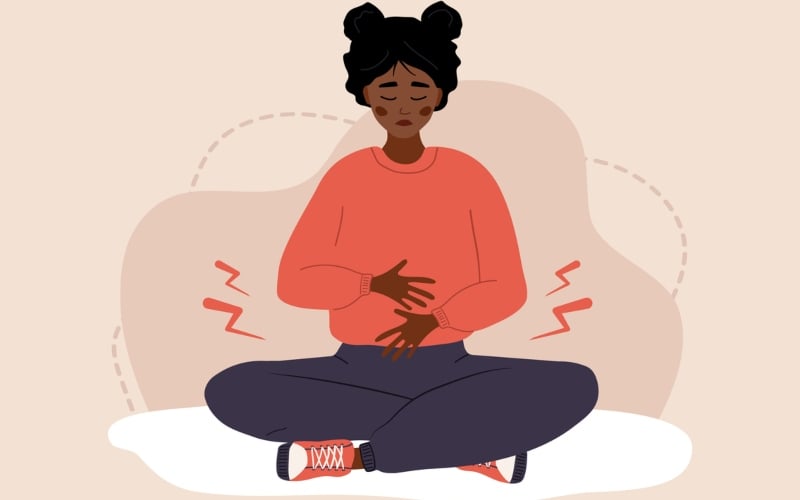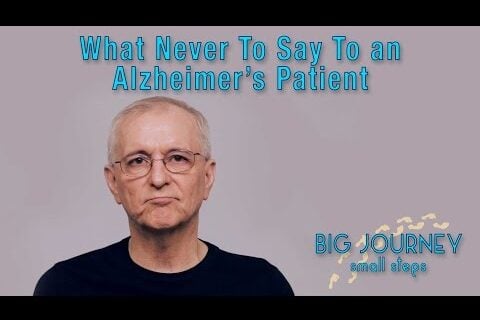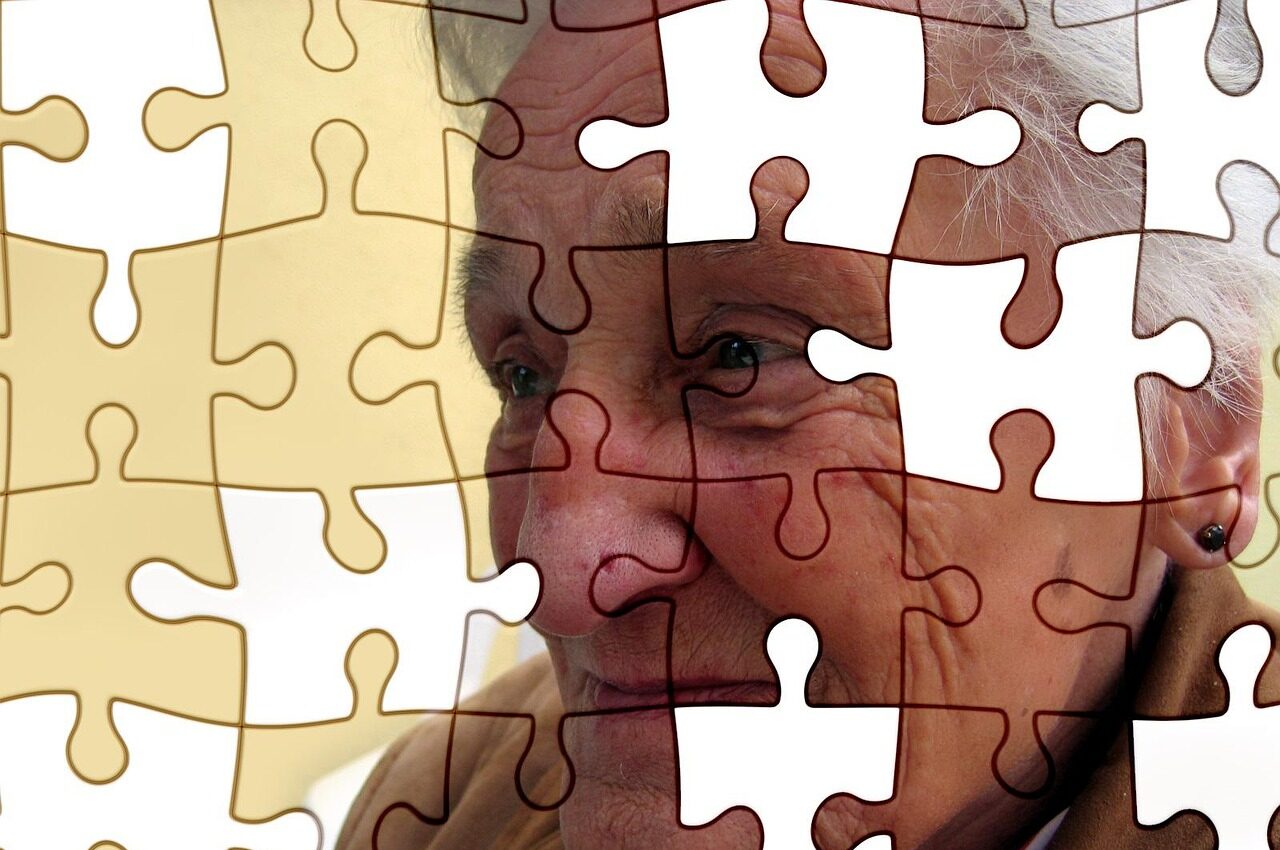[This post is the twenty-first in a multi-part series called Everything You Thought You Knew About Meaning is Wrong. To be in touch about it, you can always reach me at [email protected] or visit me at https://ericmaisel.com/. Please enjoy the series!]
 There are many human difficulties that arise because an individual hasn’t gotten meaning right. Getting meaning right can help tremendously with, for example, the two states commonly called “mania” and “depression,” states that in recent years have gotten linked together as “bipolar disorder.” Handling these two challenges better is a very big payoff for getting meaning right!
There are many human difficulties that arise because an individual hasn’t gotten meaning right. Getting meaning right can help tremendously with, for example, the two states commonly called “mania” and “depression,” states that in recent years have gotten linked together as “bipolar disorder.” Handling these two challenges better is a very big payoff for getting meaning right!
How is mania conceptualized nowadays? In the psychiatric model, mania is linked in some unknown and unstated way to that other state called depression, and together they are given the label bipolar disorder. Chemicals are then offered. In this model, there is no hint that there might be reasons for these two states arising or being connected, or that meaning, purpose, or other existential matters might be implicated.
A second, less common way, given that the psychiatric model is the paradigm, is to conceptual mania as a psychological event of some sort and to hypothesize about what psychological dynamics or events might have triggered the mania. In this view, an individual was driven to mania because, say, he or she couldn’t tolerate certain internal conflicts and “broke” from that strain. In the psychological view, meaning, purpose and other existential matters sometimes, but only rarely, get their due.
Less usual is to start from the place that a person is alive and animated. The philosophical tradition known as vitalism made a simple distinction between things that are alive and things that are not. The defining feature of a living thing was that it was alive. It was animated by some life force or energy. Much of our troubles understanding ourselves and our challenges stem from forgetting that we are animated. If we don’t account for human energy, we aren’t really talking about us.
Consider how energy constrained in a fixed space, like the energy generated as water begins to boil in a kettle, turns that water to steam and sets off the whistle. We boil like that. A human phenomenon not to be ignored is pressure. Isn’t a person who is under pressure likely to “explode” in ways that make human sense? If a mind is put under pressure, such that it begins to race, and if the person loses control of the throttle and the brake, isn’t that exactly mania? Mightn’t human pressure lead to uncontrolled racing?
We should therefore be concerned with what increases that pressure and what decreases that pressure. The influential pediatrician and psychoanalyst Donald Winnicott floated an interesting idea in his 1935 book The Manic Defence. He argued that people employ fantasy to escape their inner reality and that mania helps a person escape their inner reality by making awareness and concentration impossible. They defend themselves against the pressure of reality by inducing mania.
People in this “place” create a racing fantasy world so as to not have to know or confront their truth—that they hurt, that they are sad, that they are defeated, etc. Their mania is functional and understandable; and, logically, the more tolerable reality becomes, the less manic they need to be. In this view, reality is the pressure and being able to tolerate reality is way to decrease that pressure. To make it an aphorism: accept life and the mania ceases.
Our related aphorism: accept that meaning is just a feeling and mania is less needed as a defense.
One of Freud’s excellent contributions to our understanding of us was the notion of “the defenses.” Human beings are defensive creatures who use many sorts of defenses—denial, rationalization, intellectualization, sublimation, repression, displacement, regression, reaction formation, etc.—to protect themselves from some particular knowledge and to provide them with a mechanism for dealing with their tormenting or unwanted feelings and thoughts.
Post-Freudian thinkers like Melanie Klein speculated that mania might be its own defense mechanism. That is, a person might make the unconscious decision to “be manic” in an attempt to defend himself or herself against something. That “something” might be anything powerfully disturbing: the fear that life is meaningless, the pain of trauma, the doubt that one’s pursuits matter, the truth about one’s circumstances, and so on.
Picture a racing locomotive. The engineer, the brakeman, the fellow covered in sweat feeding the coal, none of them can counter this build-up of pressure. They stand helpless. This is how the individual feels. Helpless to get his meaning needs met, because he has misunderstood the nature of meaning, he rushes down the hall naked, fleeing from the experience of meaninglessness, rushing toward the exit door which, however, does not allow him to escape. There is no escape from the problem of meaning, if you misunderstand meaning.
Let’s say that the aspect of reality that is producing the pressure is the challenge of meaning. A person is feeling pressure because his life isn’t feeling meaningful and he can’t tolerate that shortfall. He only has a handful of choices, until he understands that meaning is a feeling: he can run off in search of meaning as fast as he can, he can run away from that feeling of meaninglessness as fast as he can, or he can sink into despair. That is, he can choose “mania” or he can choose “depression.” But if he gets it right, he doesn’t need to run and he doesn’t need to sink.
The more one understands that meaning is just a feeling, something that comes and goes and that is of secondary importance, secondary to taking charge of one’s life and living one’s purposes, the less one needs to flee from feelings of meaninglessness or towards hoped-for experiences of meaning. Who knows: this right view of meaning might just be a mania cure.
**
READ PART ONE HERE: Everything You Thought You Knew About Meaning Is Wrong: The Even Harder Problem
READ PART TWO: On Craving the Feeling of Meaning
READ PART THREE: Why ‘Is Life Meaningful?’ Is the Wrong Question
READ PART FOUR: Meaning Has Its Reasons
READ PART FIVE: The Cost of Meaning
READ PART SIX: Meaning Has Its Rhythms
READ PART SEVEN: Robbed of Purpose
READ PART EIGHT: Meaning as Nature’s Motivational Tool
READ PART NINE: Your Golden Meaning Opportunities
READ PART TEN: One Golden Meaning Opportunity: Stewardship
READ PART ELEVEN: One Golden Meaning Opportunity: Experimentation
Read Part Twelve: One Golden Meaning Opportunity: Self-Actualization
Read Part Thirteen: One Golden Meaning Opportunity: Appreciation
Read Part Fourteen: Two Golden Meaning Opportunities: Achievement and Excellence
Read Part Fifteen: Three Golden Meaning Opportunities: Service, Good Works, and Ethical Action
Read Part Sixteen: Two Golden Meaning Opportunities: Pleasure and Contentment
Read Part Seventeen: Love, Relationships, Creativity and Career
Read Part Eighteen: Marrying Meaning Opportunities: How Creativity and Activism Go Together Beautifully
Read Part Nineteen: How Betrayal Can Destroy Meaning
Read Part Twenty: Intelligence and Mania
—
iStock image
The post Meaning and Mania appeared first on The Good Men Project.
Original Article










